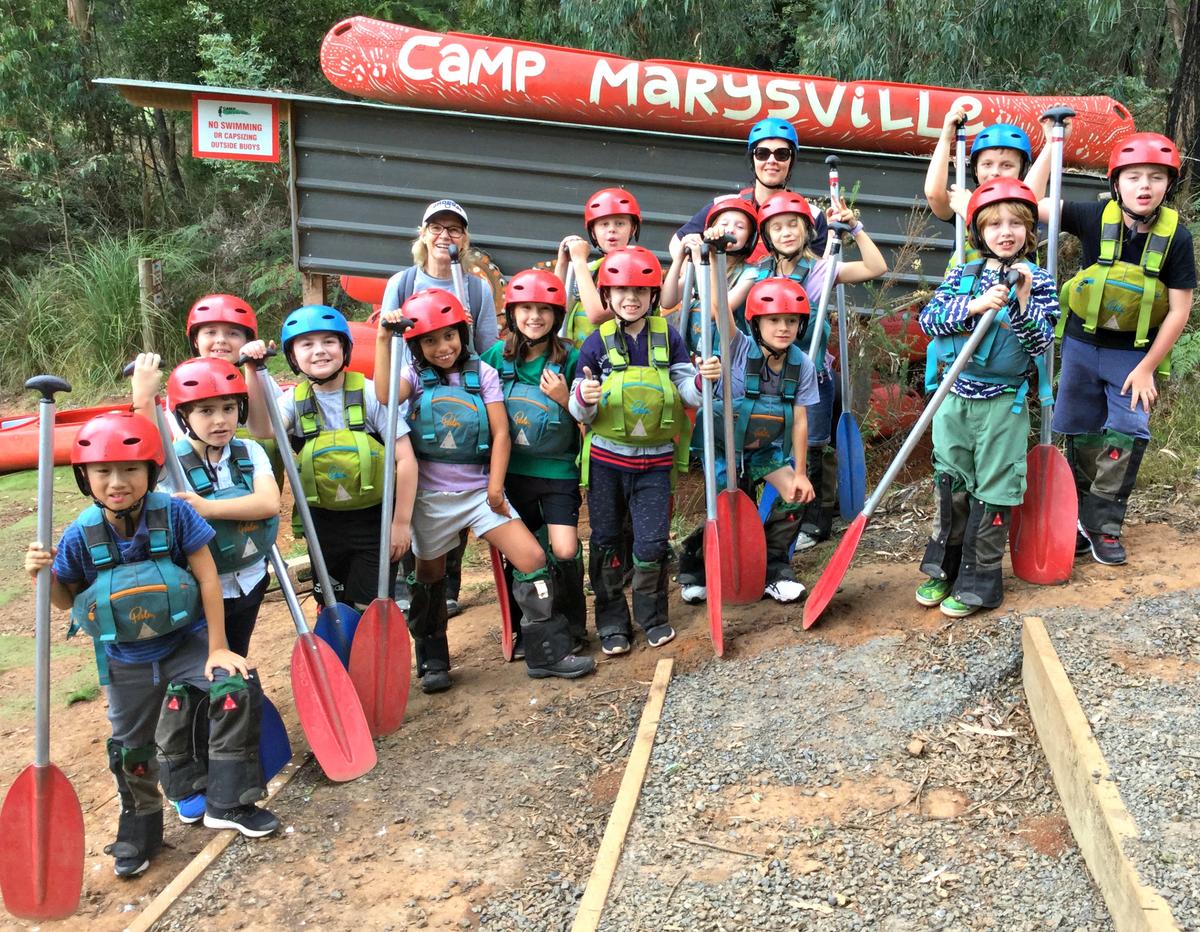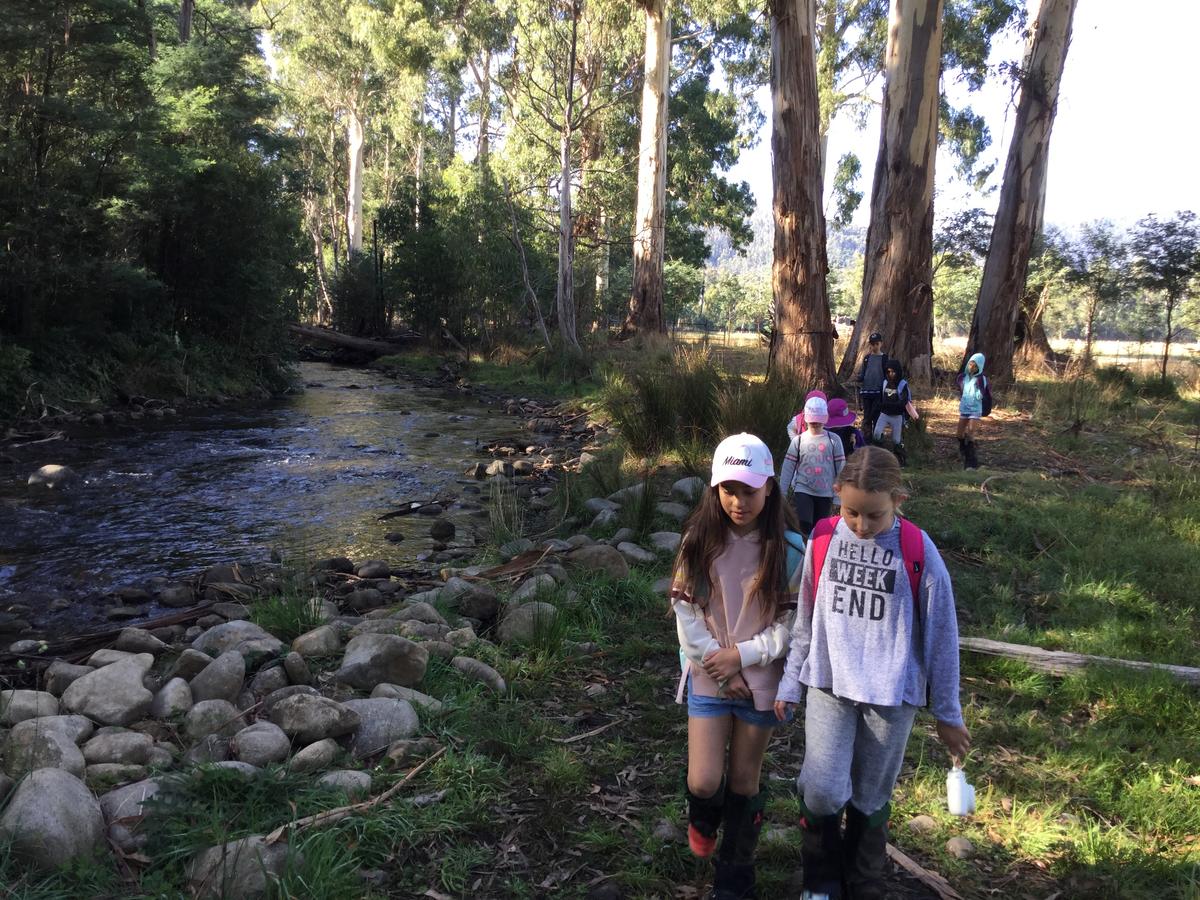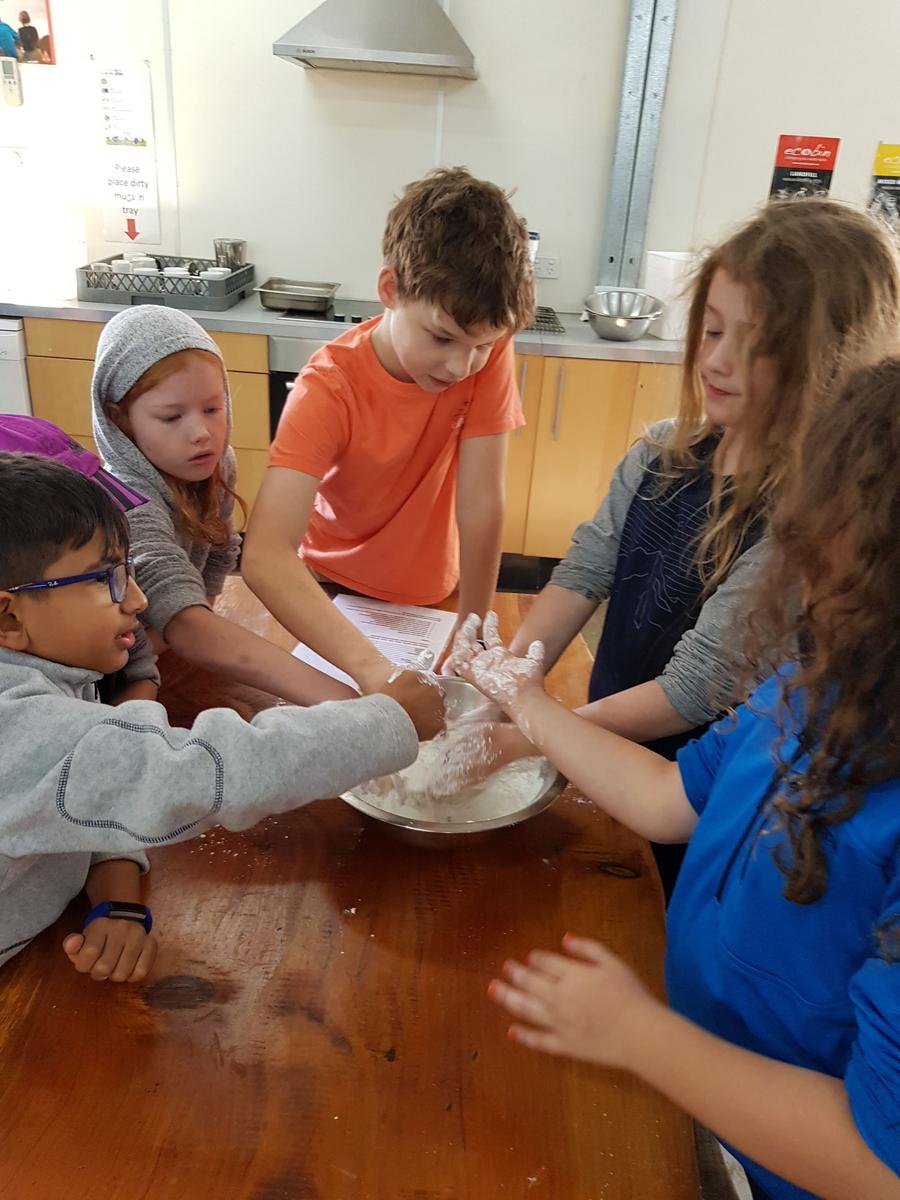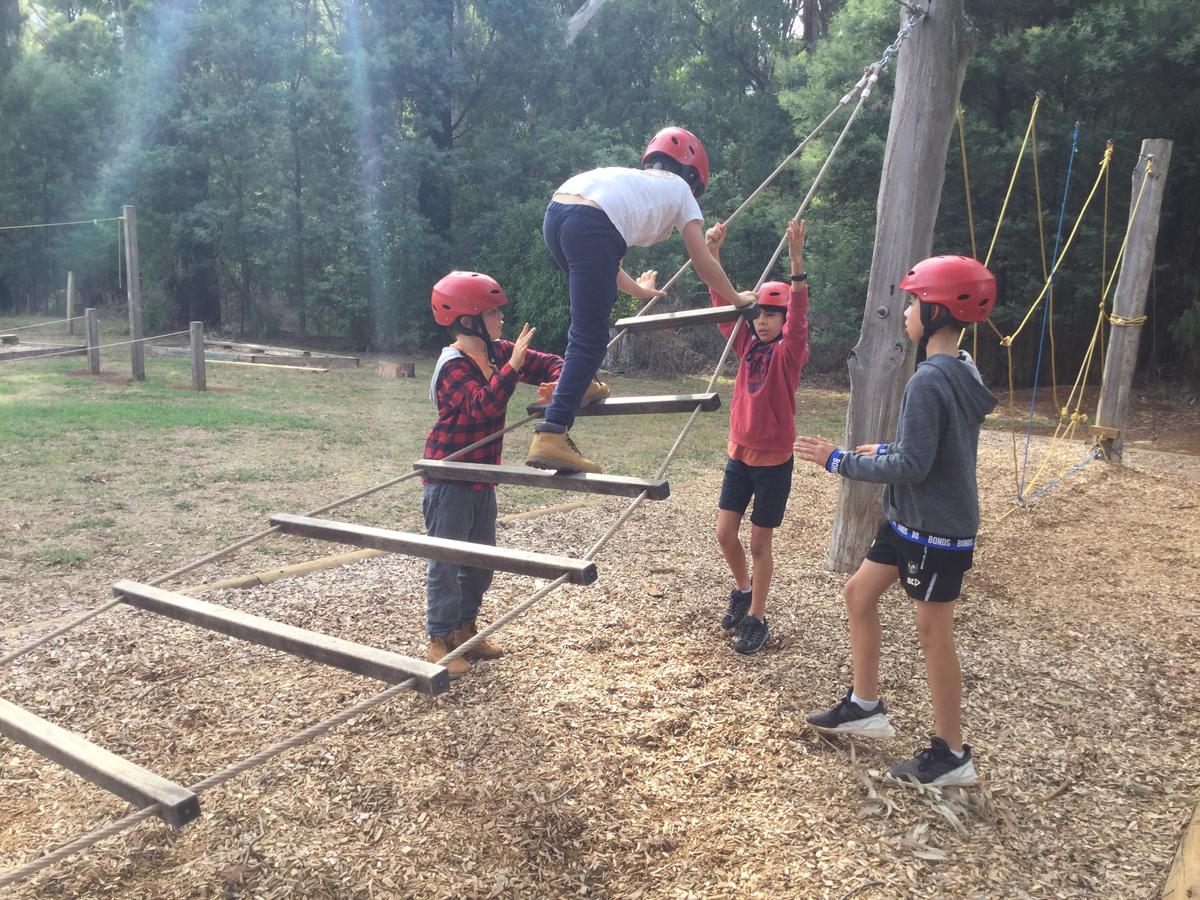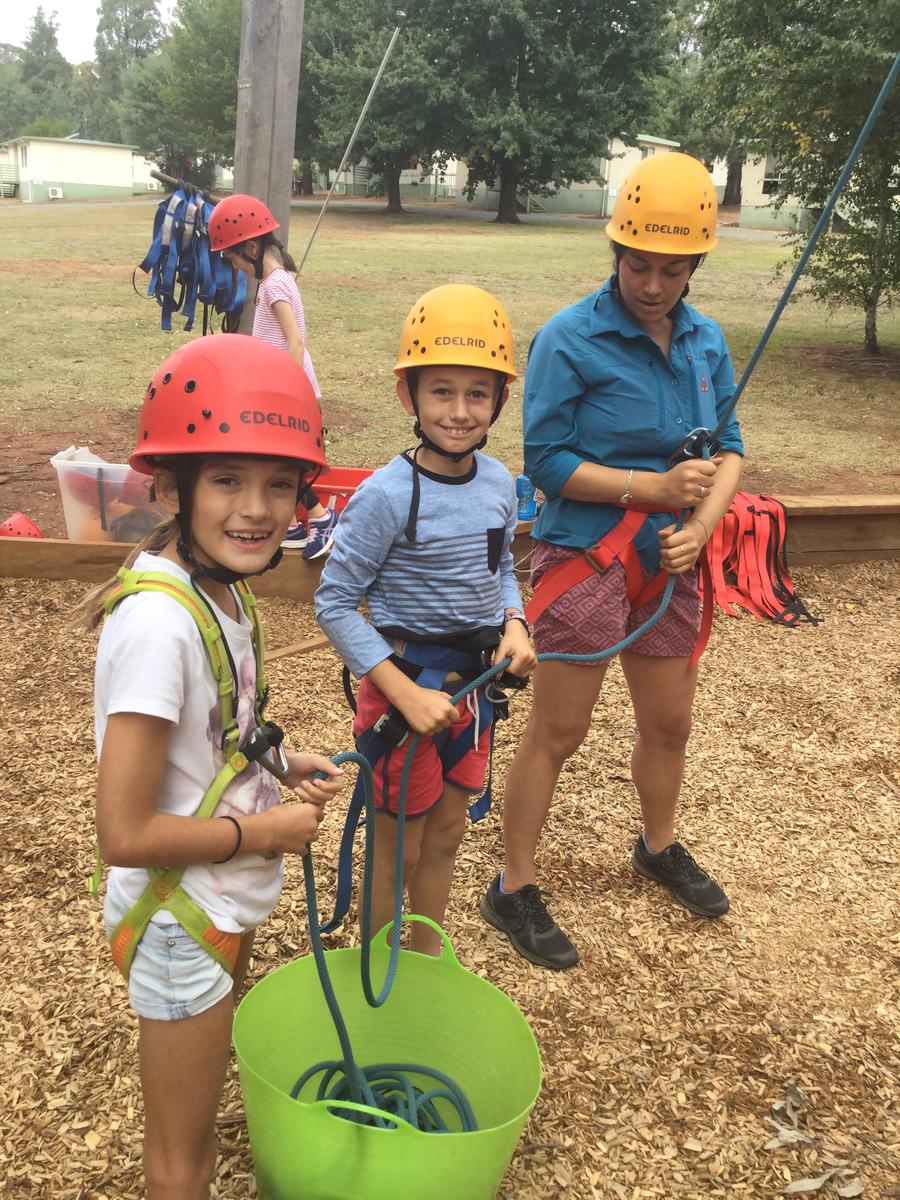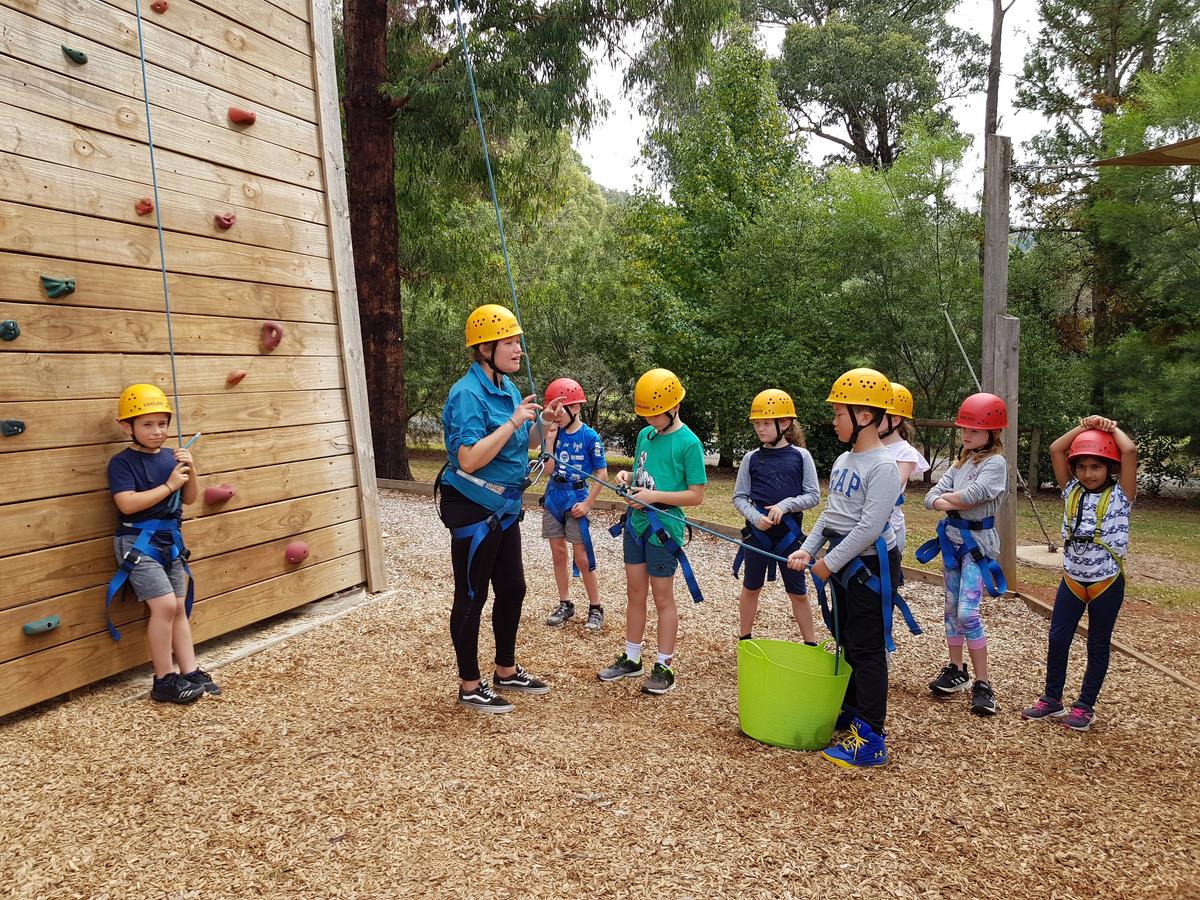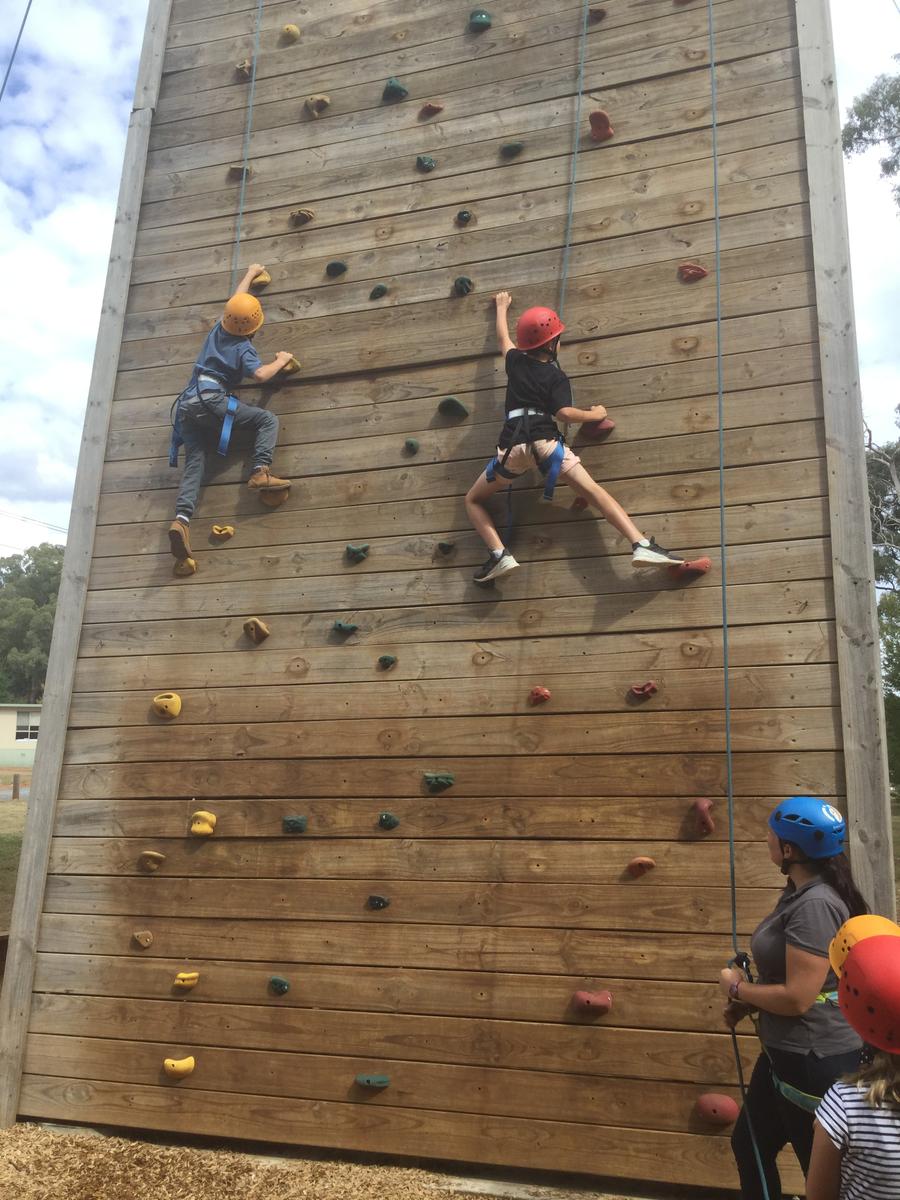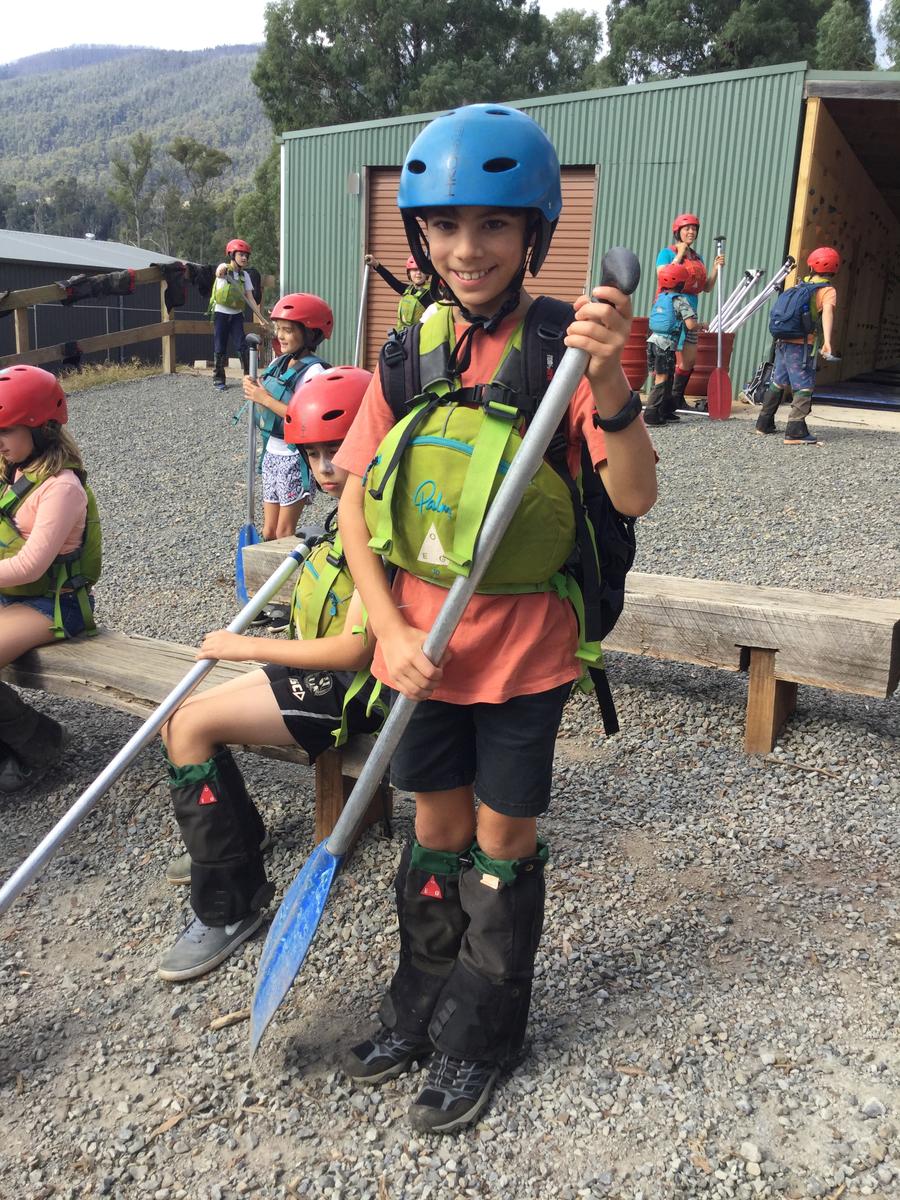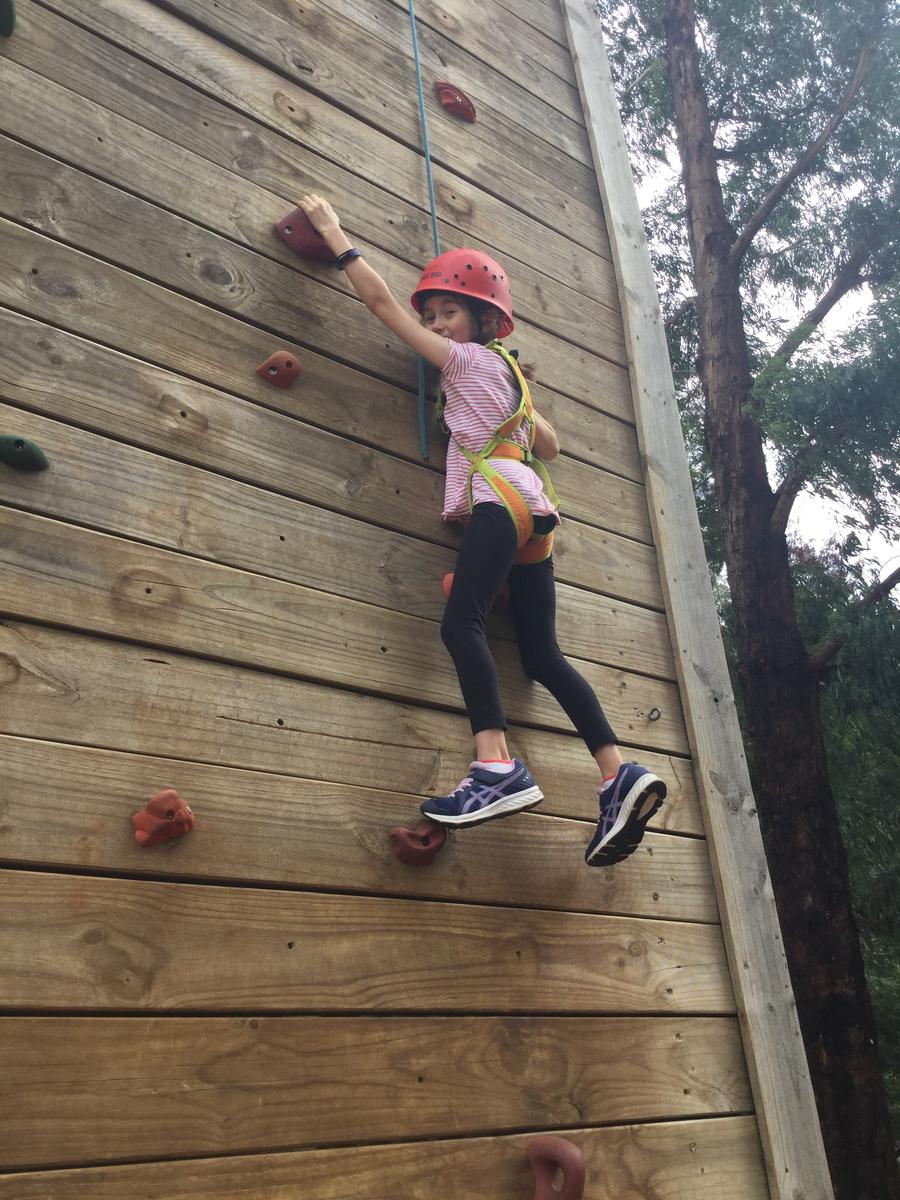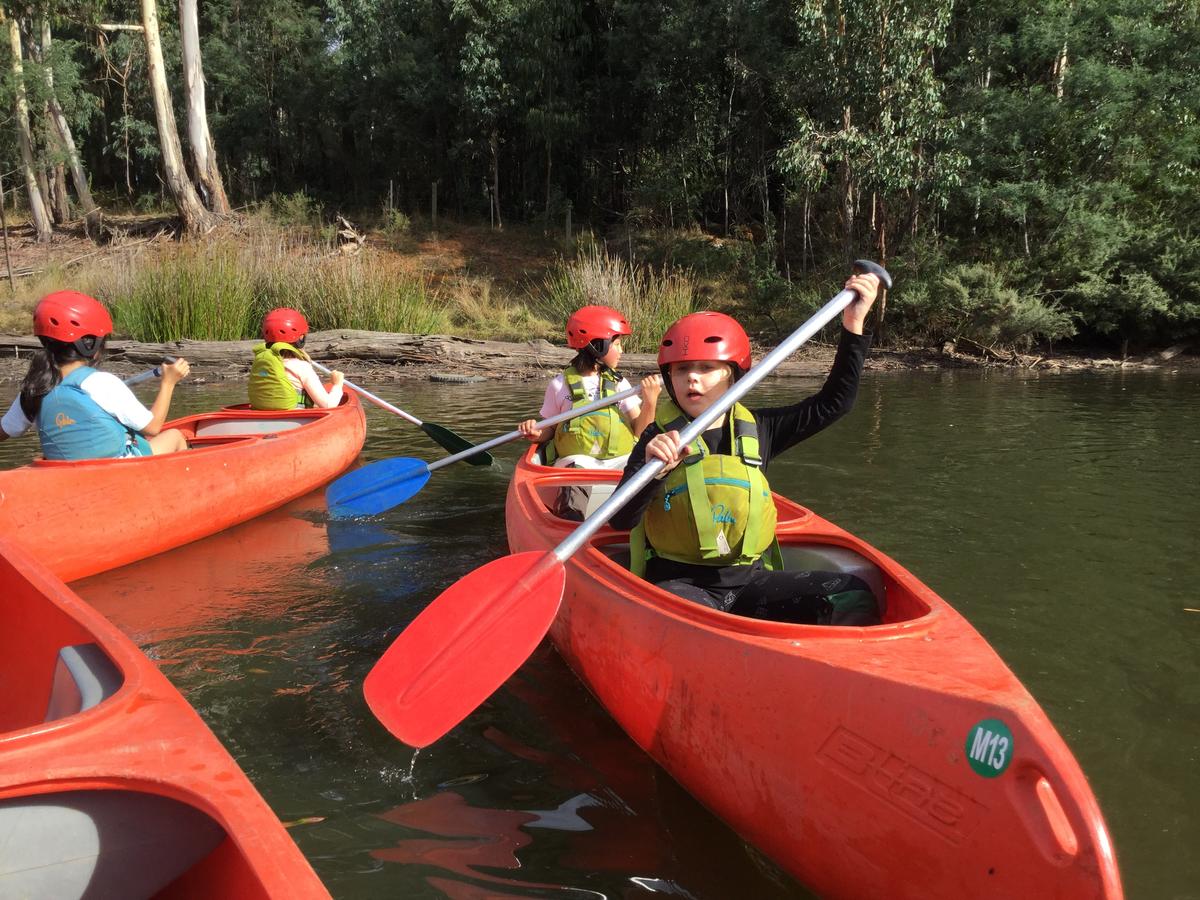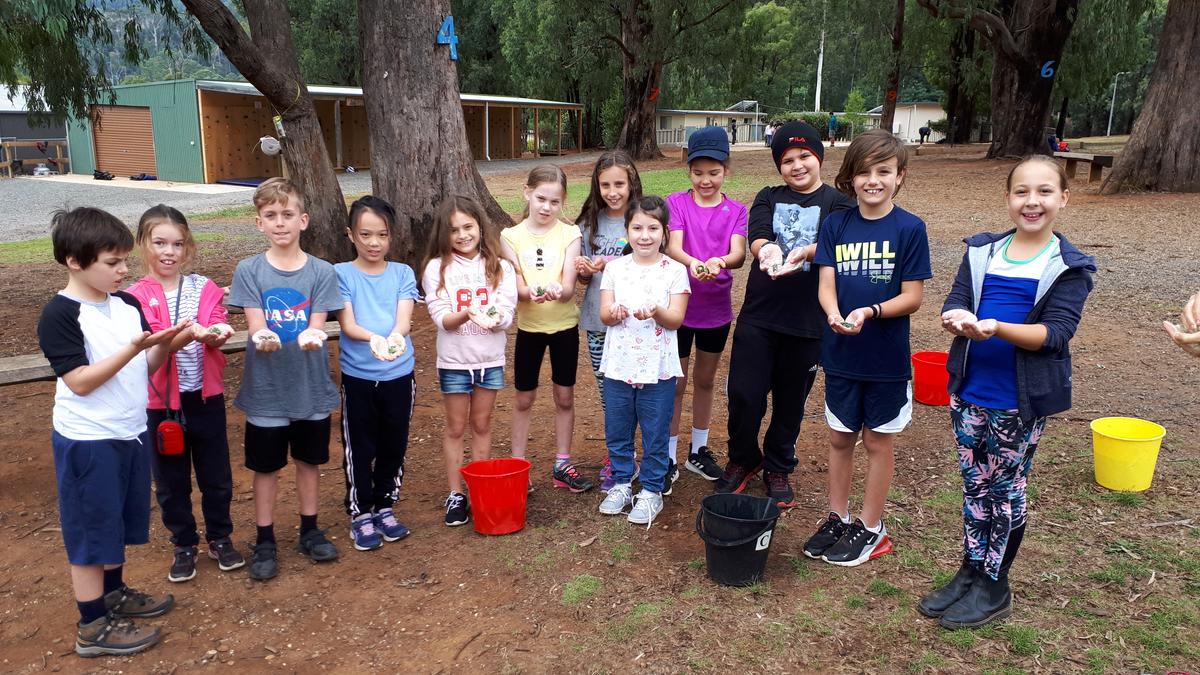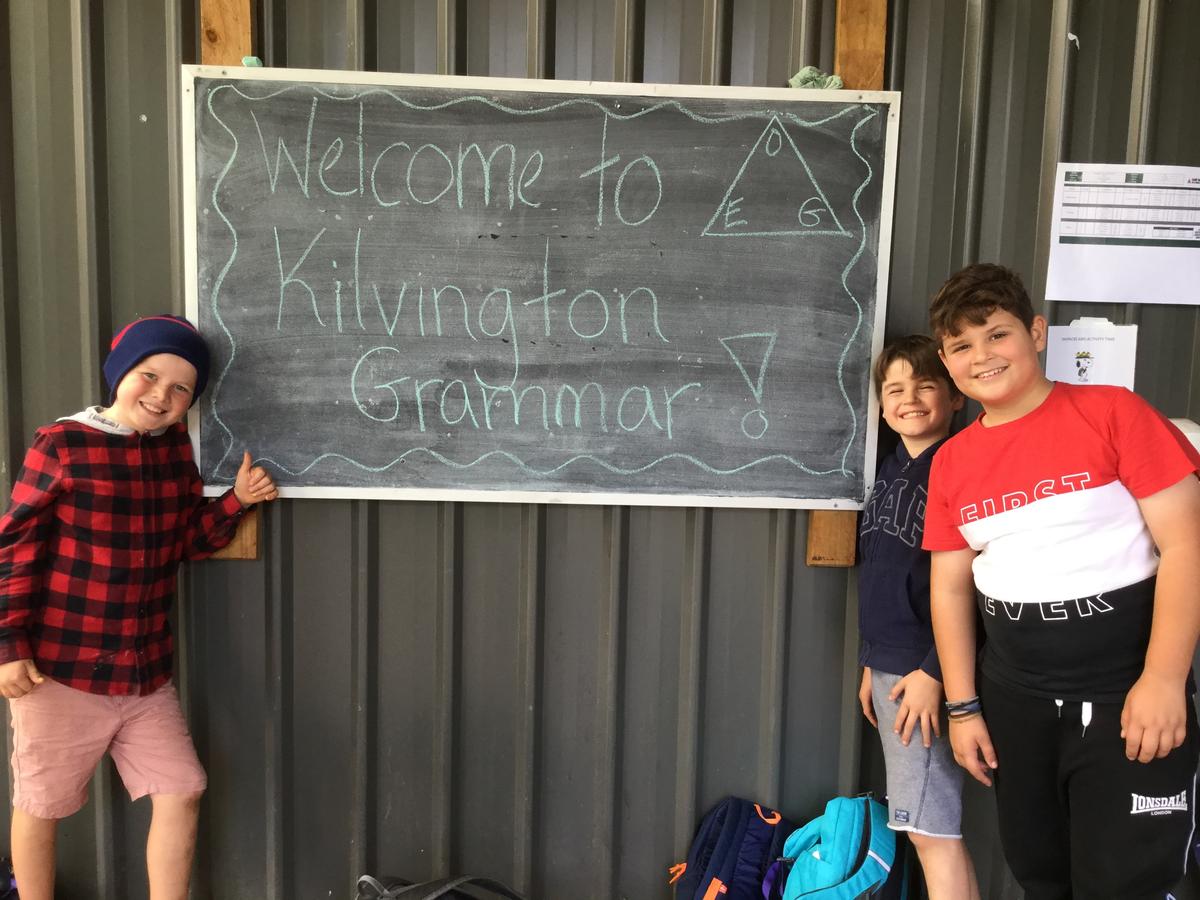From the Leadership Team
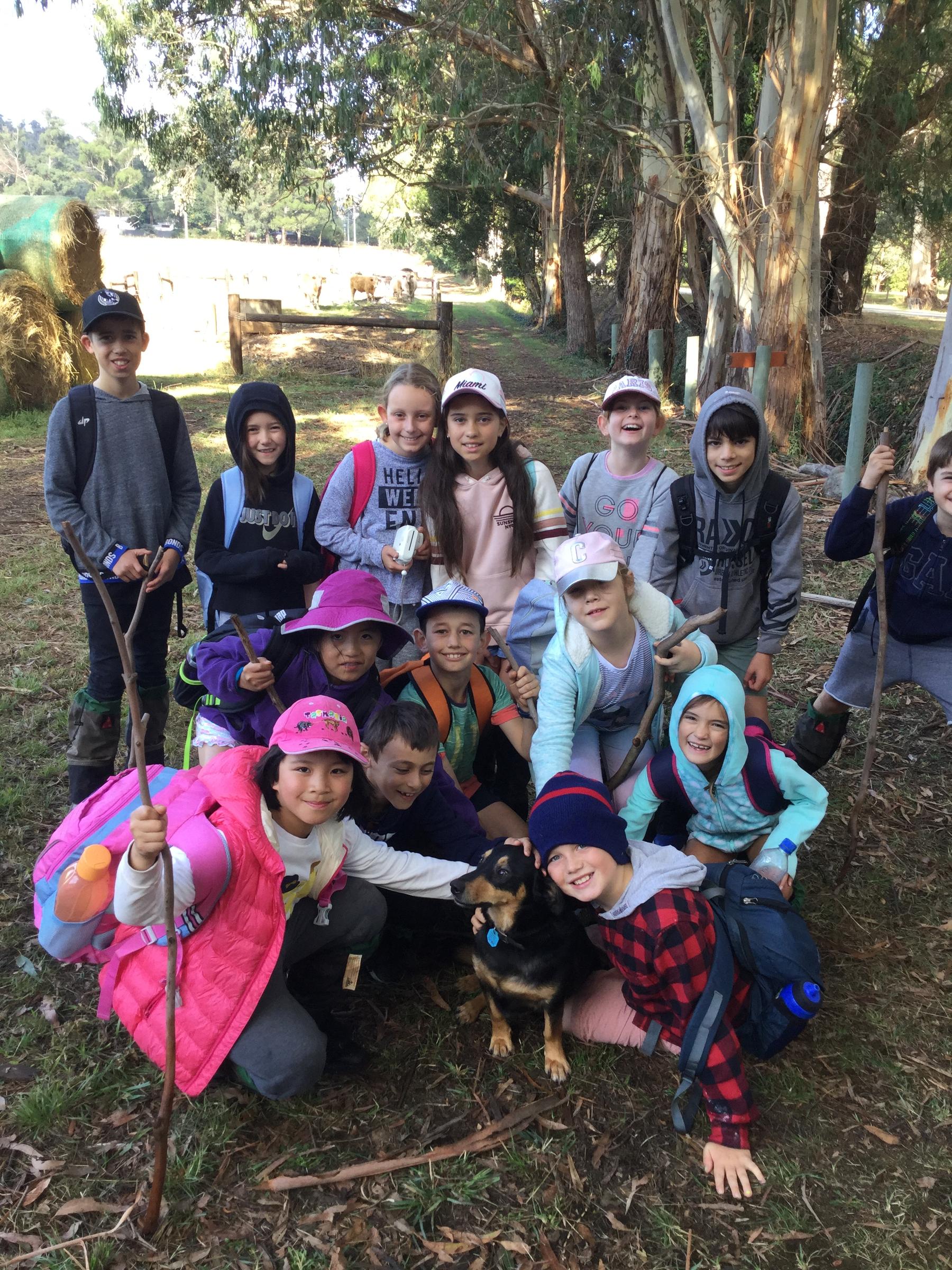
Board Members - A Farewell and a Welcome
Jon Charlton, Principal
Farewell to Board Members
At the recent Kilvington AGM, two Kilvington Board members – Stuart Alford and Karen Majman – stepped down from their Board roles after serving the maximum number of years allowed under the Kilvington Constitution of nine years.
Both members have provided exceptional leadership, governance, wisdom and commitment to Kilvington in this time, importantly overseeing Kilvington during its successful transition to coeducation.
Stuart held the roles of Deputy Chair of the Board, Board Treasurer, and Chair of the Finance, Audit and Risk Committee. Karen served on the Finance, Audit and Risk Committee.
The Board is most thankful to Stuart and Karen for their very significant contributions to the life of the School. They will be sorely missed.
Welcome to New Board Members
At the AGM, two new Board members were nominated and appointed to the Board for the next three years. With delight I inform you that current Kilvington parents Sheri Johnston and Richard Moore were both appointed.
Sheri is the CFO and Company Secretary for the Foundation for Young Australians and Richard is the CFO and General Manager, Shared Services at MYOB. The Board very much looks forward to Sheri’s and Richard’s contributions, in particular on the Finance, Audit and Risk Committee.
PFA Donation
A big thank you to the PFA for their continued effort and hard work across our many activities. Recently, it was wonderful to receive a cheque of $30,000 from them. Always greatly appreciated.
Challenge and Adventure
Mrs Davina McClure, Deputy Principal
'A mind that is stretched by new experiences can never go back to its old dimension.' – Oliver Wendell Holmes
What a joy it was to recently welcome the entire cohort of Senior School students back from their off-campus outdoor education and wellbeing development programs week. The School just wasn’t the same without them!
Along with this, Years 3 to 6 students participated in their outdoor education program at the very end of Term 1.
These unique experiences beyond the classroom promote and encourage each student to engage in a range of diverse outdoor-based activities. They assist in fostering the development of each student’s personal and social capabilities whilst engaging in different levels of physical challenge and adventure.
There is no doubt that time outdoors, time in nature and time away from our often busy routines can help to boost wellbeing. Nurturing these times is crucial for each one of us. For students, it can lay the foundation for ongoing outdoor recreation and nature experiences throughout their entire life.
An outdoor education program is a dynamic part of a rich educational experience. The learnings are often profound and frequently life changing, enabling perspectives to broaden and essential skills and capabilities such as independence, interdependence, resilience and physical fitness to develop.
Independence
For some children, the School outdoor education program may be their first time away from home. It's important that as parents we remember that our job is to give children the skills to (eventually) leave home.
Nights away as part of an outdoor education experience is a gentle first step, providing an opportunity for them to take care of themselves. They are asked to be self-directed and independent. Senior students take responsibility for moving their belongings from one location to another, packing up camp-sites and preparing meals.
Most students rise to the challenge while perhaps developing a new-found appreciation for how they are looked after at home! In fact, many will transfer their new learning to their ‘normal’ life at School or home.
Personal realisations, stimulated by challenge and a new environment, can contribute to the transformation from adolescence to young adulthood.
Interdependence
Developing good social skills is a key part of achieving success later in life. During outdoor education programs there are numerous ways to develop a wide range of social skills that strengthen established relationships and develop new ones.
Travelling together on buses for long stretches is a wonderful opportunity for students to connect through stories, humour and shared excitement about the days ahead.
Working in groups to ensure the smooth-running of the camp, team-building while supporting each other during physical activity such as surfing, hiking, zip-lining, and obstacle courses, demonstrating leadership and forming a community with their peers and teachers are just some of the ways that camp helps students in this area.
Resilience
Challenging themselves in unfamiliar situations and tasks can have a transformative effect on students and really boost their confidence.
Being away from home and participating in a full outdoor education program - working as a team, cooperating in tasks and being part of a community helps children to understand that they can stand on their own two feet.
They can call on their character and resilience to bounce back from cycling, hiking and canoeing in tough conditions, find strength in themselves, and make sound judgements in new or challenging situations by testing their limits and pushing their own individual boundaries.
Encouragement of physical fitness and active lifestyles
During outdoor education programs, children are exposed to a variety of experiences. These experiences are active and facilitate learning in a variety of forms.
Some build a greater capacity for endurance and physical challenge. Others offer a more relaxed pace whilst exploring our natural environment. Such experiences encourage endurance and a pioneering spirit in students.
Kilvington’s outdoor education and wellbeing development programs certainly offer opportunities for challenge, adventure, personal growth and reflection. In fact, these experiences build memories that are often the most recounted and reflected upon by students for years to come.
Staff News
Kerrie Kelly
After 19 years of outstanding and dedicated service to the School, Canteen and Catering Manager Kerrie Kelly, has decided to retire and has tendered her resignation from Kilvington, effective 21 June.
Kerrie commenced at Kilvington in 2000 as the Out of School Hours Care (OSHC) Coordinator which included Before School Care, After School Care and the Holiday Program. In 2010 she accepted the role of part-time Catering and Events Co-ordinator, in addition to the OSHC role, which meant Kerrie worked long days each School day.
Kerrie worked in this capacity until April 2014 when the OSHC was outsourced to Extend, and she became the full-time Canteen and Catering Manager.
Just this week, thanks to Kerrie’s enormous commitment and effort, her team received a 2019 Glen Eira Food Business Highly Commended Award for the School canteen, putting it in the top 10 canteens in the region. A thoroughly deserved result and a great testament to her work.
Kerrie has been a huge part of the Kilvington family. Her smile, kindness and caring nature will undoubtedly be a huge loss to Kilvington.
We wish Kerrie all the best in her retirement.
Elayne Flanagan
Congratulations to Elayne Flanagan who has given birth to a beautiful baby boy.
Data on School Students with Disability
Every year, all schools in Australia participate in the Nationally Consistent Collection of Data on School Students with Disability (NCCD).
The NCCD process requires schools to identify information already available in the school about supports provided to students with disability.
These relate to legislative requirements under the Disability Discrimination Act 1992 and the Disability Standards for Education 2005, in line with the NCCD guidelines (2019).
Information provided about students to the Australian Government for the NCCD includes:
- year of schooling;
- category of disability: physical, cognitive, sensory or social/emotional;
- level of adjustment provided: support provided within quality differentiated teaching practice, supplementary, substantial or extensive.
This information assists schools to:
- formally recognise the supports and adjustments provided to students with disability in schools;
- consider how they can strengthen the support of students with disability in schools;
- develop shared practices so that they can review their learning programs in order to improve educational outcomes for students with disability.
The NCCD will have no direct impact on your child and your child will not be involved in any testing process. The School will provide data to the Australian Government in such a way that no individual student will be able to be identified – the privacy and confidentiality of all students is ensured.
All information is protected by privacy laws that regulate the collection, storage and disclosure of personal information.
To find out more about these matters, please refer to the Australian Government’s Privacy Policy.
Further information about the NCCD can be found on the NCCD Portal.

